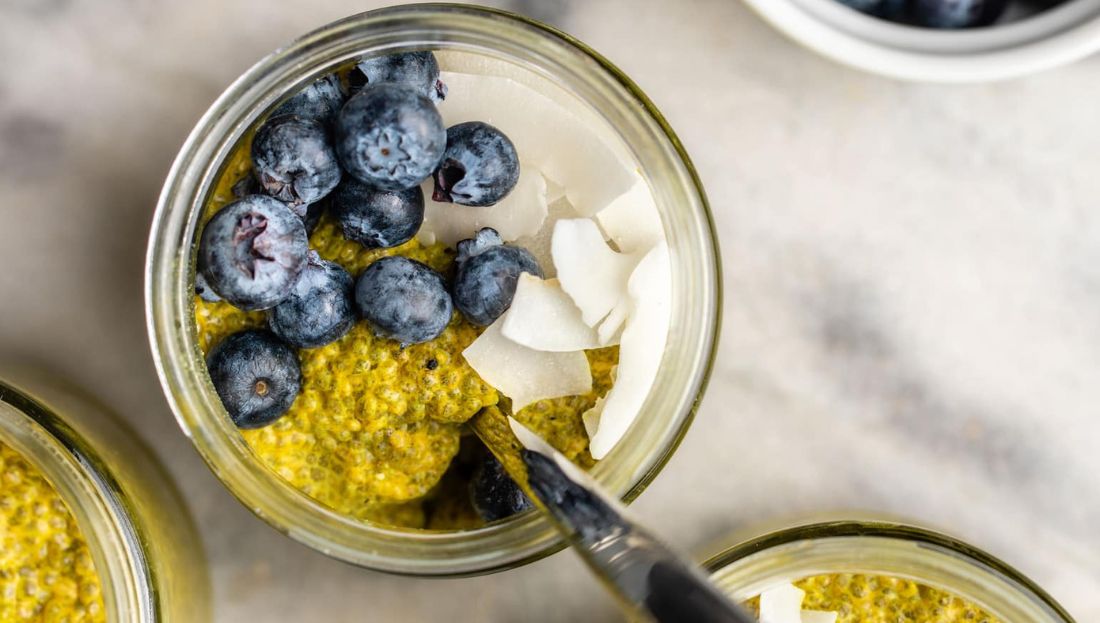If we look beyond aesthetics and the pursuit of timeless youth, the heart is often an overlooked element of ageing. Cardiovascular health is inextricably linked with how we age, how we feel, and how vibrantly we live. It holds more than symbolic importance; it is the very pulse of life itself.
As we continue to discover what lies beneath the many layers of ageing, there is one truth that becomes clear. The condition of our cardiovascular system may not only reflect our biological age but also shape our longevity. And, aspects of cardiovascular ageing may be more reversible than once thought. Stay with us as we dive into the often overlooked elements of heart health and ageing.
The Heart of Youth: Understanding the Cardiovascular System
Our cardiovascular system is a masterpiece of biological engineering. It delivers oxygen and nutrients to every cell, clears metabolic waste, balances hormones, and even plays a crucial role in thermoregulation. At the centre is the heart, a muscle that contracts over 100,000 times a day, propelling life through a network of vessels.
When this system functions optimally, it nourishes every organ, supports skin health, fuels cognitive clarity, and enables the kind of physical stamina associated with youth. But like every high-performance engine, the cardiovascular system is vulnerable to wear, especially when neglected or strained by modern living.
What Drives Cardiovascular Ageing?
Cardiovascular ageing is a gradual process marked by changes in blood vessel elasticity, endothelial function (the delicate inner lining of the arteries), mitochondrial efficiency, and heart muscle performance. These changes may not always show up with strong signs of disturbance.
Many early signs are subtle: mild fatigue, reduced exercise tolerance, cold extremities, or slight changes in cognitive focus. Over time, the progression can lead to increased blood pressure, arterial stiffness, and a higher risk of cardiovascular issues. This is not a time to panic about the issue (stress is a burden on our cardiovascular system), but to think proactively.
The reasons for this decline are multifaceted: oxidative stress, chronic inflammation, insulin resistance, micronutrient depletion, and the natural drop in mitochondrial function are all drivers. External factors such as sedentary lifestyles, excessive stress, processed diets, and poor sleep habits act as accelerants, worsening the damage.
Turning Back the Clock: Can We Reverse It?
Emerging science suggests that while we cannot stop the passage of time, we can profoundly influence how our cardiovascular system responds to it. Several interventions (grounded in both research and clinical observation) offer the potential not just to slow, but to reverse certain markers of cardiovascular ageing.
1. Targeted Mineral Supplementation
Minerals are the silent warriors for cardiovascular stability. Magnesium orotate stands out from the pack as it differs from conventional magnesium supplements. Orotate-bound magnesium crosses cellular membranes more effectively, nourishing heart muscle cells and supporting healthy rhythm and vascular tone. This form is particularly well-regarded for improving exercise performance and reducing the burden on an ageing heart.
Potassium, calcium, and zinc also play roles in modulating vascular tone and preventing arterial calcification. However, precision matters; supplementation should be tailored to individual needs.
2. Mitochondrial Support: CoQ10, NAD+ and NR
As we age, the mitochondria (our cellular powerhouse) become less efficient, contributing to both energy decline and cardiovascular dysfunction. Coenzyme Q10 (CoQ10), especially in its active form ubiquinol, supports mitochondrial ATP production, energises cardiac muscle, and enhances endothelial function. It’s particularly vital for individuals on statins, which deplete natural CoQ10 stores.
Nicotinamide adenine dinucleotide (NAD+) and its precursor nicotinamide riboside (NR) have gained popularity and integrity for their role in mitochondrial renewal. Boosting NAD+ levels helps repair DNA damage, enhance metabolic efficiency, and support vascular elasticity—all key to reversing cardiovascular decline. The Age Hack provides these powerful compounds in a pure supplement.
3. The Elegance of Movement: Specific Exercise Modalities
Movement is not merely medicine; it is also rejuvenation. But not all exercise is equal when it comes to reversing cardiovascular ageing.
Low-impact aerobic activities such as brisk walking, swimming, or cycling increase cardiac output while maintaining joint health. High-intensity interval training (HIIT), when performed regularly, has been shown to improve VO2 max and vascular function in older adults.
Equally valuable is mobility work and breath-led yoga, which enhance circulation while reducing cortisol, a known antagonist of cardiovascular health. Consistent movement can help to recondition arterial flexibility, enhance metabolic efficiency, and reduce systemic inflammation.
4. Hydration: The Subtle Foundation
Proper hydration maintains blood volume, supports nutrient transport, and ensures the fluidity of the lymphatic and cardiovascular systems. As we age, our sense of thirst diminishes, often leading to subtle but chronic dehydration. This is an overlooked contributor to fatigue and vascular strain.
If we hydrate regularly, complemented by electrolytes, it ensures the cardiovascular system operates with ease, maintaining a youthful resilience internally.
5. Stress Management: Reclaiming Autonomic Balance
Chronic stress floods the body with cortisol and adrenaline, tightening blood vessels, elevating blood pressure, and gradually exhausting the heart. Over time, the nervous system becomes imbalanced, leaning heavily toward sympathetic dominance, aka“fight or flight”. It suppresses the restorative parasympathetic state, also known as the “rest and digest”.
Meditation, breathwork, time in nature, and structured digital detoxes aren’t indulgences; they are physiological resets. Restoring autonomic balance through these practices helps stabilise heart rate variability, improve sleep, and support vascular regeneration.
The Beauty of Prevention
The intricate workings of the cardiovascular system lie not just in its design but in its adaptability. With consistent care and targeted interventions, it can recover, regenerate, and even regain aspects of its youthful function.
Starting early is key. Many of the changes associated with cardiovascular ageing begin decades before symptoms appear. By supporting heart health in your 30s, 40s, or even 50s, you are not simply preventing disease; you are investing in a future of energy, clarity, and vitality.
In a culture that often focuses on surface-level signs of ageing, tending to the heart is a deeper, more enduring path to youth. Because true longevity is not just about living longer, it’s about living fully, beautifully, and with strength that starts from within.
Reference List
Daei, S., Ildarabadi, A., Goodarzi, S., & Mohamadi‑Sartang, M. (2024). Effect of Coenzyme Q10 supplementation on vascular endothelial function: A systematic review and meta‑analysis of randomized controlled trials. High Blood Pressure & Cardiovascular Prevention, 31(2), 113–126. https://doi.org/10.1007/s40292-024-00630-8
Geiss, K., et al. (2017). Positive effect of magnesium orotate therapy in hypertensive heart disease: A case–control study. Metabolomics: Open Access, 7(3), 195. https://doi.org/10.4172/2153-0769.1000195
Torshin, I. Y., Gromova, O. A., Kalacheva, A. G., Oshchepkova, E. V., & Martynov, A. I. (2015). Meta‑analysis of clinical trials of cardiovascular effects of magnesium orotate. Terapevticheskii Arkhiv, 87(6), 88–97.
Gao, L., Mao, Q., Cao, J., Wang, Y., Zhou, X., & Fan, L. (2012). Effects of coenzyme Q10 on vascular endothelial function in humans: A meta‑analysis of randomized controlled trials. Atherosclerosis, 221(2), 311–316. PMID: 22088605
Xu, J., Xiang, L., Yin, X., Song, H., Chen, C., Yang, B., Ye, H., & Gu, Z. (2024). Efficacy and safety of coenzyme Q10 in heart failure: A meta‑analysis of randomized controlled trials. BMC Cardiovascular Disorders, 24, Article 592.
Mortensen, S. A., & Kumar, A. (2014). The effect of coenzyme Q10 on morbidity and mortality in chronic heart failure: Results from Q‑SYMBIO: A randomized double‑blind trial. JACC: Heart Failure, 2(6), 641–649.
Ahmed, F., et al. (2023). Nicotinamide riboside as an enhancer of exercise therapy in cardiovascular function: NEET trial protocol. ClinicalTrials.gov Identifier NCT04112043.





